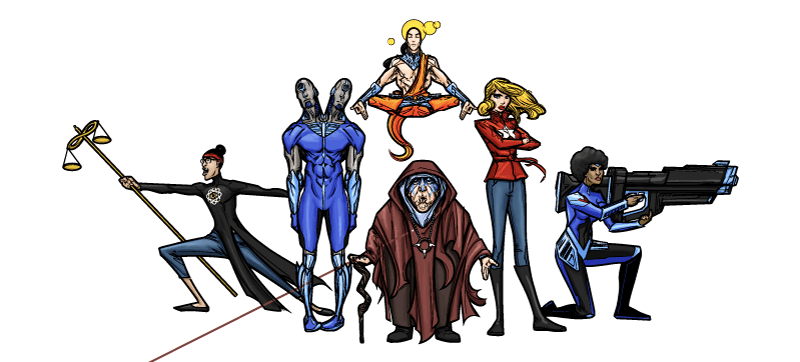Libertarian
Libertarians score high on both economic and personal freedom. In other words, libertarians value entrepreneurship and enterprise, often because they think these are the bases of a prosperous society. Libertarians are also keen to protect the individual in his or her pursuit of happiness, however different that pursuit might look to others.
Because libertarians value both economic and personal freedom highly, they think governments should be limited or eliminated entirely. Government, after all, has a monopoly on the initiation of violence in a jurisdiction. Libertarians view this monopoly power with skepticism and as a potential source of injustice.
Because government authorities use the threat of violence to privilege or oppress certain persons or groups, libertarians tend to support the rule of law and equality before the law. While the most consistent libertarians are anarchists, all libertarians think there should be rules and laws. The difference is, libertarian anarchists think any system of rules should be based on consent rather than compulsion. Libertarian anarchists should therefore not be confused with self-styled “anarchists” who stir mob violence.
Because libertarians believe governance should be based on consent, some libertarians are willing to accept rules and restrictions on their behavior so long as they consent in advance and retain a right of exit. (See, for example, homeowners associations.)





























